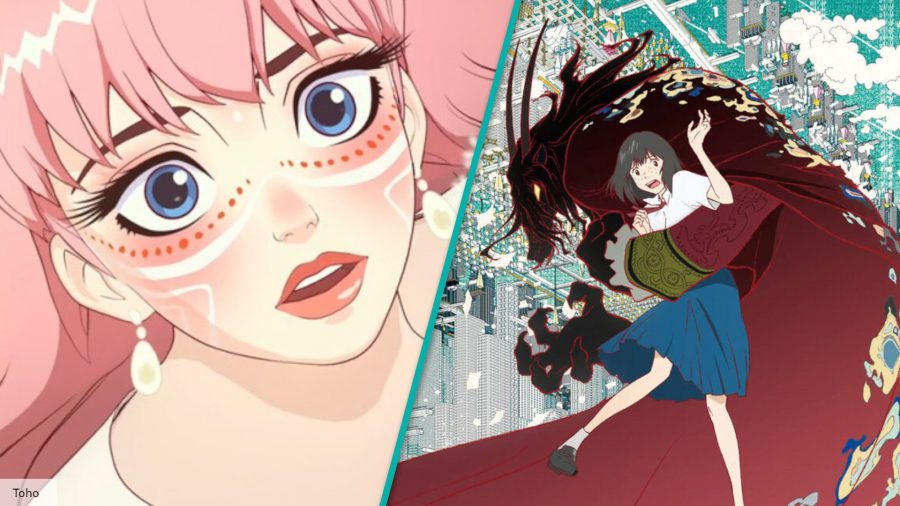I don’t watch movies much. Usually I think they are a waste of time. Recently I watched the movie Belle with my wife, and we both enjoyed it. This was the first film we had watched in a theater together in 35+ years. Anyway, here is my review of the movie Belle.
==========================
There are a number of reasons why the reviews for Belle are all over the map. I saw both the Japanese version with English subtitles on a small screen, and the English dub at a theater. I read a lot of manga and manhua, and occasionally I watch anime, but less so because it eats up too much time.
The reason I think the reviews vary so much relates to personality differences and willingness to think deeply. If you ever look at comment threads on manga sites, you will run into a lot of shallow people who only can appreciate action-packed manga, don’t understand what the victory conditions are for the main character, and cannot wrap their minds around people who don’t act the way they would act.
The plot of Belle revolves around two people, Suzu (Belle) and Kei (The Dragon), who have been hurt so badly in their lives that they have cut off as many people as they possibly can in order to avoid future hurt. Now, is this an attractive pair to build a movie around? No, and that is the design of the movie, to make you sense the alienation. Another aspect of the alienation is the characterization of rural Japan, where transportation options are becoming scarcer; travel to school is arduous for Suzu.
The movie implicitly asks a bunch of questions. Is what you are assuming true or not? Suzu assumes that the beautiful and talented girl Luka is happy, popular, and stuck-up. Suzu assumes her Dad doesn’t care, and also Shinobu, whom she wishes would be her boyfriend. She assumes that Luka likes Shinobu. She assumes that people would not like Belle if she openly revealed who she was. Yet later in the movie she realizes that all of those assumptions are wrong.
The most fundamental question of the movie is “Who are you?” Who is Belle? Who is the Dragon? Everyone wants to know who they are in the real world. So, does the metaverse U create a new you? Though Suzu gets fame, and Kei gets infamy via U, if anything, U intensifies their problems, which need to be solved in real life. U seems to work at the beginning, but it doesn’t truly pay off.
One theme for both Suzu and Kei is that their mothers died. Suzu’s mother died rescuing an unknown girl from drowning, saying, “I have to go or she’ll die,” and then drowns after saving the girl. There is a parallel near the end of the movie, where Suzu knows that she has to find Kei or he might die, and saves him at the risk of her own life. She gets hurt in the process and does not die. This is a story of becoming brave enough to love. The Dragon saves Belle in U. Suzu saves Kei in the real world.
The final theme is singing. When Belle sings in U it affects people, as many have felt loss and rejection. This is a change for Suzu, who loved to sing with her mother, but could not sing after her mother died. A turning point of the movie comes when Shinobu says to her when she wants to rescue Kei, “How can you get through to them if you are not yourself?” She then realizes that she needs to sing inside U not as the beautiful Belle, but as ordinary Suzu. And after that she once again can happily sing on her own wherever she is.
It is well-known that when the Japanese version of Belle (w/English subtitles) premiered at Cannes, it received a 14-minute standing ovation, which is rare. If the international film community thought it was that good, it probably is stupendous. To that end, ignore the shallow comments of those that did not understand the movie.

